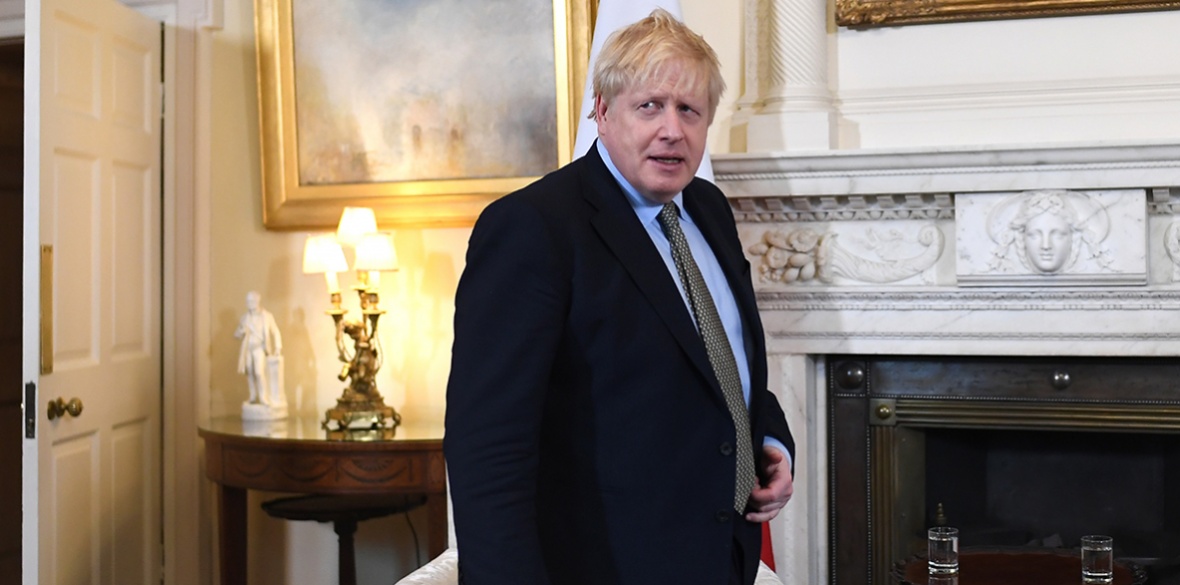THE existence of a rabid strain of anti-Muslim prejudice in the Conservative Party is the worst-kept secret in British politics.
Its public face is in the mostly localised and entirely predictable social-media rants of Tory councillors.
It is given some extra currency by the atmosphere of hostility to Muslims that is the inevitable consequence of Britain’s participation in wars directed at countries with Muslim populations. Naturally every terrorist incident at home or abroad produces a new burst of generalised outrage.
And it is the reflection — inside the ranks of Tories — of a toxic strain of racism that is inevitable in a country like Britain with centuries of colonialism and decades of late-imperial wars that are the foundation of our political culture and public morality.
A domestic climate in which the existence of substantial numbers of well-established Muslim communities is regarded as a threat to a peculiar sense of nationhood is a nonsense in an imperial state like Britain
Racism directed at Muslim people is a fact of daily life — while the ways in which Muslim people experience discrimination in work, housing and social life remains substantially unchallenged.
The reaction of the party machine to this post-election focus on Tory Islamophobia is revealing.
A bunch of the worst offenders have been suspended in a manner that suggests the issue is being taken more seriously than when, in the pre-election period, temporary suspensions were swiftly lifted.
In as far as its electoral fortunes depend on cultivating a following among sections of the British population most likely to hold racist views, the Tories are obliged by political opportunism as well as ideology to find a common language or at least an unspoken understanding with anyone influenced by racist ideas.
But this exists alongside a complete sense of identity with the ruling elites of indisputably Muslim autocracies. And this strain of dispassionate and entirely reactionary realism extends, in domestic electoral politics, to a calculated attempt to cultivate a following in sections of Britain’s Hindu population — most especially those influenced by the poisonous strain of “communalist” politics pursued by the reactionary BJP regime in India.
The resistance to this, presently organised by the Indian Workers Association here in Britain, sets a benchmark for the rest of the labour movement to work from, as does the stand taken by the Bangladeshi Workers’ Council in challenging anti-Semitism.
It is quite instructive to see how a new Tory leadership has been conjured out of a rising class of people who owe their personal advance, their indispensable fortunes and their political prospects to the hegemony of big business, City banks and the parasitical finance sector over the British capitalist formation.
If it is wearisome to relate that millions of people of colour live here precisely because our post-war recovery depended on a renewed labour force and that, like every other imperial state, Britain drew upon its colonial empire for this purpose, it is equally necessary to point out that where capital flows there also do human beings.
But what is the interest of the working class in general and the labour movement in all this?
Surely to condemn Tory racism and hypocrisy, but also to attend to any manifestations of racist ideas among workers and in our organisations.
This is where a moral question becomes a political question. Sure, racism must be marginalised because every expression of it is an offence against our common humanity — but the emancipation of the working class is the task of the workers alone and racism is yet another barrier to that end.











